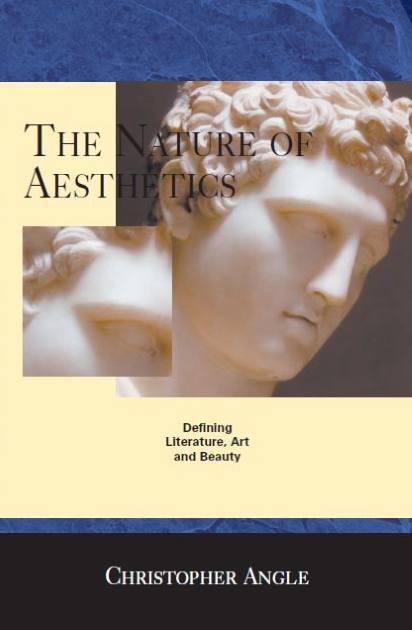By christopher angle
Defining Ethics Good & Evil
Ethics is the study of the good and bad in behavior and the essence of this good is respect. That is, the more respectful the behavior of an action, the more it is ethical, and this respect is rooted in the evolutionary need for survival. This evolutionary need requires respect for the purpose of cooperation. Hence, ethics is the study of the good of societal cooperation which is facilitated through mutual respect.
Chapter Three defines evil as an unethical action with an unethical objective and explains how there can be evil and misery in coexistence with a perfect God. A later chapter discusses the application of this understanding of ethics to actual problems of ethics such as terrorism, abortion, totalitarianism, and whether the end can ever justify the means.

author & videocaster
Christopher Angle
The author, Chris Angle, took an interest in philosophy starting at the University of Michigan where the courses introduced him to the many famous works among which were the dialogues of Plato and the character of Socrates which intrigued and influenced him forever afterwards.
At the U of M, Angle decided that he would write philosophical works of his own. But preparatory to that, he realized that in order to begin this endeavor, he should have to be able to define philosophical concepts.
Angle found that to understand these concepts, learning about the biological history and evolution of man would be insightful. And, indeed it was. Angle’s explications of many philosophical concepts often involve reference to biological anthropology.
Other Books
Truth and Nature of Decisions
This work finally gives a quantitatively definitive answer to issues such as Mercantilism vs. Free Trade and Socialism as opposed to Free Market Economics. The impact and influence on economic thought will be profound.
The Philosophical Equations of Economics
The Philosophical Equations of Economics is an enhanced explanation of economic theory explaining the relationship between Philosophy and Economics.
The Nature of Aesthetics
Chapter One and Two define literature and art as the expression of how an author or artist sees his world and distinguishes this from other types of expression such as a newspaper article, lab report, etc. through the composer, author, or artist’s use of his interior originating experiences.
This discourse is distinguished amongst others that explore this subject matter in that its treatment is not tortuous, circumlocutory, or laborious but clear, concise, very enjoyable…yet cogent.
– William Weaver, PhD, Columbia University
Agree or not, this compelling work will be of interest to those concerned with the bridge between philosophy and economics.
– Michael McLindon, Ph.D. International Economics
…an engaging and readable inquiry into aesthetics. In the style of the Socratic dialogues Angle raises the right questions at every turn and defends his own, original answers.o




